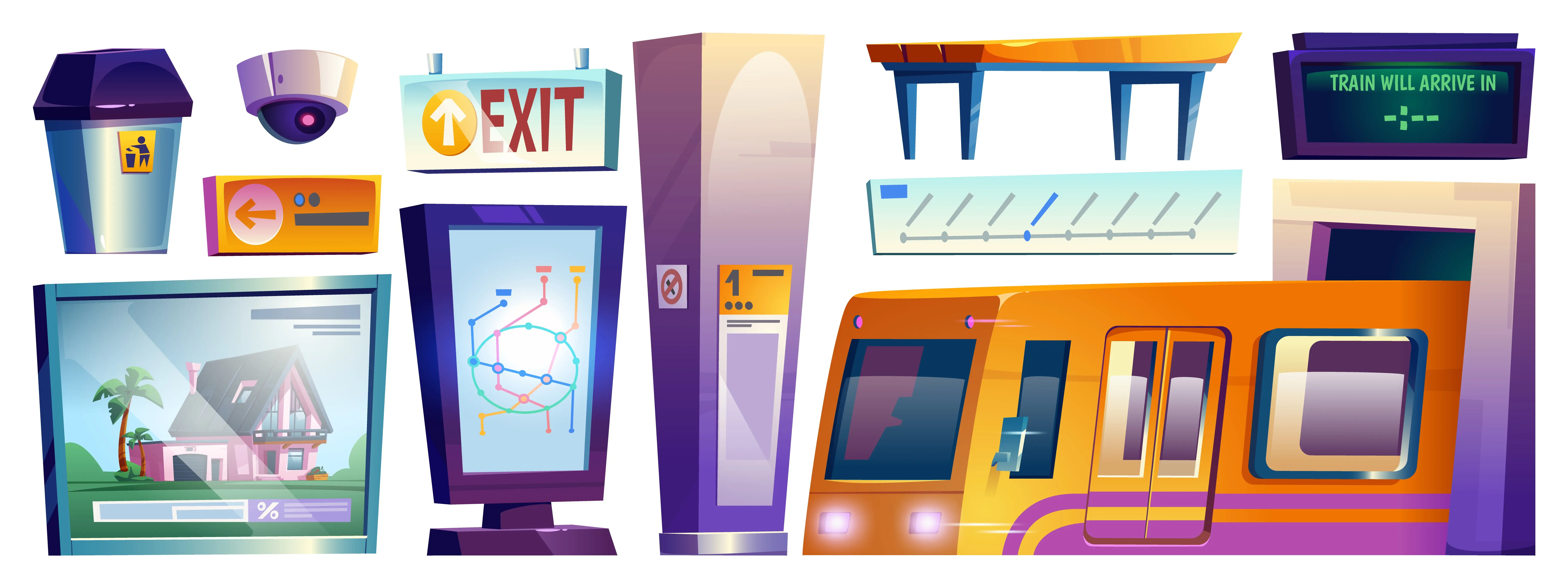Public Transport as the Backbone of Future Mobility in Europe/Switzerland
Public transport is a key pillar of future sustainable mobility. Increasing its modal share requires integrated, efficient, and inclusive solutions that combine traditional services with emerging technologies and multimodal access.
Overview

The future of sustainable mobility in Europe and Switzerland hinges on a strong, resilient, and attractive public transport system. To increase the modal share of public transport, we must make it more convenient, reliable, and inclusive. Key aspects include reducing travel time, optimizing frequency, minimizing transfers, and ensuring accessibility for all.
Modern public transport must be seamlessly integrated with other mobility options—such as walking, cycling, and on-demand services. Concepts like Mobility as a Service (MaaS) allow for smooth transitions between modes and foster user-friendly journey planning. Emerging technologies like autonomous shuttles or demand-responsive transit systems offer new opportunities to extend and enhance existing networks.
Our projects aim to develop and implement these innovations together with industry, government, and research partners. We use advanced methods such as travel demand modeling, public transport planning, integration of autonomous services, and both microscopic and macroscopic simulation techniques.
By developing comprehensive solutions, we contribute to a transportation system that supports climate goals, promotes social inclusion, and ensures resilient infrastructure across urban and rural areas.
Key Projects
- RTSE (Rail Transport Service Environment)
Autonomous cars may be the future, but rail transport is also embracing innovative methods to boost efficiency. In collaboration with various research partners, we are working on advancing railway operations. Using algorithmic approaches, we aim to develop solutions for more effective train traffic management.
- SBB Research Fund ‘Automated Timetable Planning’
With "Bahn 2000," Switzerland’s public transport system became an international benchmark. In partnership with the SmartRail 4.0 project, IDP is developing algorithms to automate the underlying planning methodologies.
- cleverpendeln – Personalized Travel Recommendations for Optimized Capacity & Traffic Control
Growing commuter flows in rail transport require intelligent passenger distribution. This project focuses on creating a system that provides carriage-specific occupancy data to optimize capacity utilization.
Key Industry Partners
Key Research Partners
- ETH Zürich, Department of Civil, Environmental and Geomatic Engineering, IVT – Institute for Transport Planning and Systems (Institut für Verkehrsplanung und Transportsysteme, TS-Transportsystems)
- FHNW, Institute for Humans in Complex Systems (Institut Mensch in komplexen Systemen), School of Applied Psychology, Northwestern Switzerland University of Applied Sciences
- Technical University of Kaiserslautern, Department of Mathematics, Optimization Research Group (Arbeitsgruppe Optimierung)